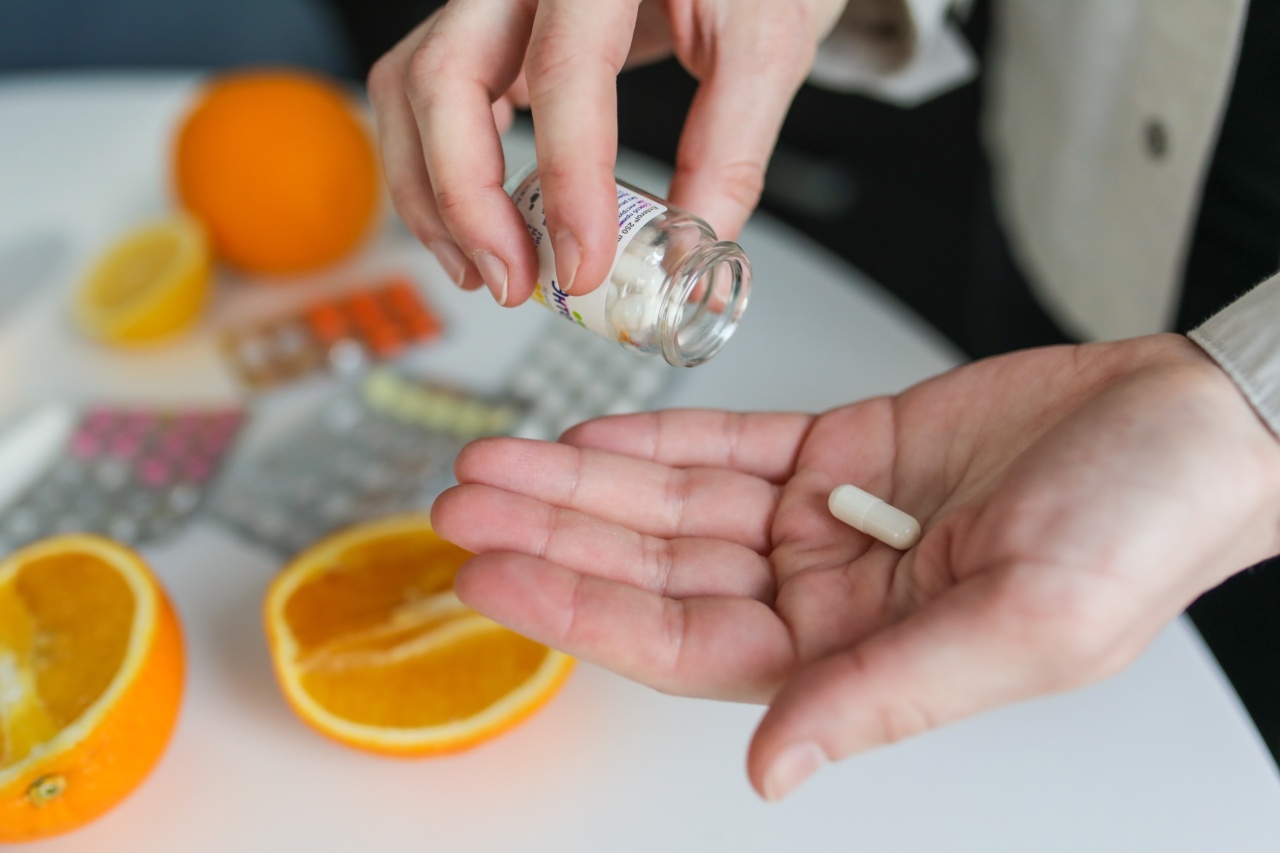Summer is a time of fun and relaxation, but it’s also the season that’s most conducive to Candidiasis.
Candidiasis is a fungal infection that can affect different parts of the body and is caused by an overgrowth of Candida, a type of yeast that is normally present in small amounts in the human body. During the summer months, conditions are perfect for the proliferation of Candida, and increased exposure to warm and humid environments exacerbates the problem.
If you want to avoid this unpleasant condition, read on for some tips on how to prevent it and how to treat it should you contract it.
What Is Candidiasis?
Candidiasis is a condition characterized by an overgrowth of Candida in the body. Candida is a type of yeast that normally lives in the human body in small amounts and is kept in check by naturally occurring bacteria.
However, when the balance of bacteria in the body is disturbed, Candida can multiply and cause an infection. This is particularly common in warm and moist environments, which is why summertime is the season when Candidiasis is most likely to occur.
Prevention Tips
The best way to prevent Candidiasis is to take steps to avoid an overgrowth of Candida in the first place. Here are some things you can do:.
1. Keep Your Skin Clean and Dry
Candida thrives in warm and moist environments, so keeping your skin clean and dry is one of the best ways to avoid an infection.
Make sure to shower or bathe daily, and pay special attention to areas that are more prone to sweating, such as armpits, groins, and skin folds.
2. Wear Loose-Fitting Clothing
Tight and synthetic clothing can trap moisture and heat, creating the perfect environment for Candida to grow. Opt for loose-fitting clothing that allows your skin to breathe and absorbs moisture.
3. Change Your Clothes After Exercise
Sweating during exercise can lead to moisture accumulation on the skin, which can promote the growth of Candida. Change out of your sweaty clothes as soon as possible after exercising, and make sure to take a shower or bath soon after.
4. Avoid Douching and Strong Soaps
Using strong soaps and douching can disrupt the natural balance of bacteria in your body and promote Candida growth. Instead, use mild, fragrance-free soaps and avoid douching altogether.
5. Pay Attention to Your Diet
What you eat can play a big role in your susceptibility to Candidiasis. Foods that are high in carbohydrates and sugar can feed Candida, so it’s best to avoid these foods as much as possible.
Instead, focus on a balanced diet that includes plenty of vegetables, lean protein, and healthy fats.
6. Take Probiotics
Probiotics are live microorganisms that can help restore the balance of bacteria in your body. Taking probiotic supplements or eating foods that are rich in probiotics, such as yogurt, can help prevent the growth of Candida.
Treatment
Although prevention is the best approach when it comes to Candidiasis, sometimes it’s inevitable that you’ll contract an infection. Here are some things you can do to treat Candidiasis:.
1. Over-The-Counter Creams and Suppositories
For mild cases of Candidiasis, over-the-counter creams and suppositories can be effective in treating the infection. Look for products that contain clotrimazole or miconazole, which are antifungal agents that can kill Candida.
2. Prescription Medications
For more severe cases of Candidiasis, your doctor may prescribe oral antifungal medications, such as fluconazole or ketoconazole. These medications are more potent than over-the-counter options and can clear up the infection more quickly.
3. Dietary Changes
In addition to making dietary changes to prevent Candidiasis, changing your diet can also help treat an existing infection.
Avoiding sugar, refined carbohydrates, and yeast-containing foods can help starve the Candida and help your body fight off the infection.
Conclusion
Candidiasis is an unpleasant condition that can be prevented by taking simple steps to avoid an overgrowth of Candida.
Staying clean and dry, wearing loose-fitting clothing, and paying attention to your diet are all easy ways to prevent Candidiasis during the summer months. If you do contract an infection, over-the-counter creams and suppositories, prescription medications, and dietary changes can all be effective in treating the problem.































